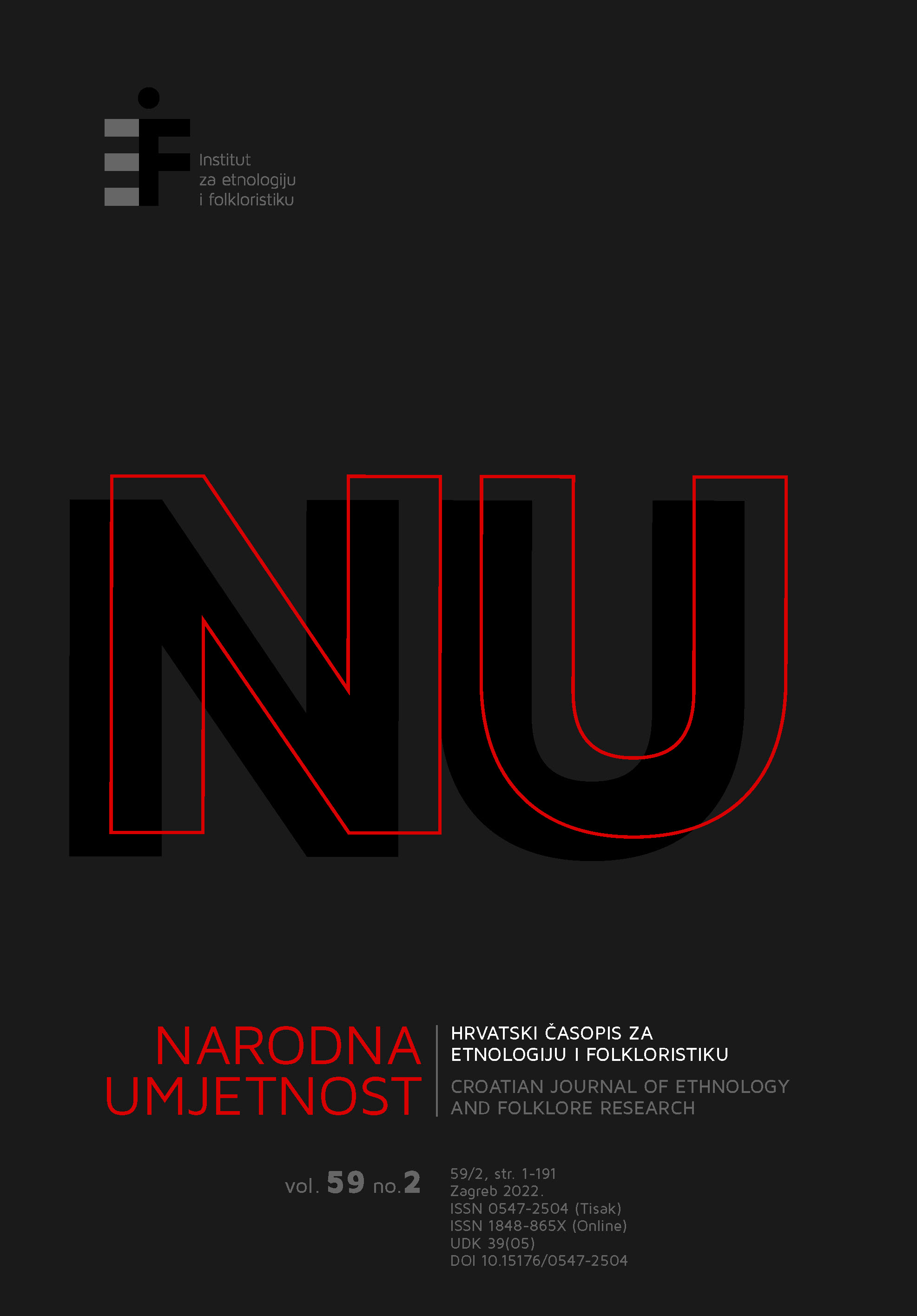Slavic Mythology Lost in Fantasy: Literary Adaptations of Slavic Beliefs in Andrzej Sapkowski’s and Juraj Červenák’s Novels
Abstract
SažetakSlavic myths increasingly survive in people’s consciousness as supernatural elements or as literary characters rather than as real beliefs in their existence. Adult readers in Poland and Slovakia, for example, encounter Slavic supernatural beings in the fantasy literature book series such as Wiedźmin by Andrzej Sapkowski and Černokňažník by Juraj Červenák; however, literature cannot be expected to portray superstitions and demons in the same way as belief legends. Placing Sapkowski’s and Červenák’s works within the context of ethnographically recorded beliefs illuminates various aspects of intercultural and intertextual relationships within the literary setting. This article shows that there are several types of literary adaptation of Slavic myths: adaptation in accordance with folk beliefs, denial of superstitions, incorporating a folk myth in order to create an illusion, and using the name of a demon while also adding characteristics from other sources – especially from popular culture.
Keywords: Slavic mythology, Andrzej Sapkowski, Juraj Červenák, fantasy literature, Slavic fantasy

